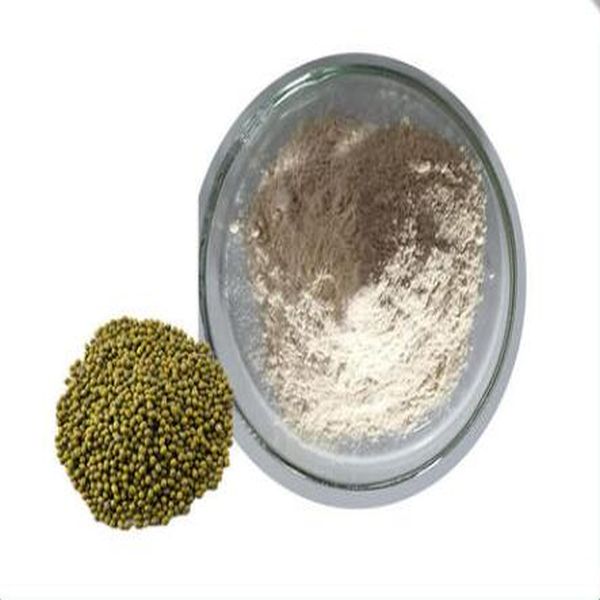Studies have shown that mung bean protein and its peptides have various physiological effects such as anti-oxidation, anti-tumor, anti-virus, and lowering blood pressure and blood lipids. With the development of proteomics research, researchers have found that when humans ingest protein, most of it is absorbed and utilized in the form of oligopeptides, while only a small part is absorbed in the form of free amino acids. Some oligopeptides also have unique physiological functions not found in source proteins and free amino acids, such as regulating human physiological functions and preventing diseases. Therefore, the research on mung bean protein and its peptides has broad market prospects both in its medicinal and health care fields.
Oxidation resistance
Mung bean protein and peptide have strong antioxidant properties. Mung bean protein was extracted by enzymatic method and its antioxidant activity was measured in vitro. It was found that mung bean protein not only has higher antioxidant activity but also has a whitening effect.
2. Improve body immunity
Mung bean is a kind of medicinal food that can improve the body’s immunity. Recent studies have found that mung bean proteins and peptides play an important role in improving human immunity and increasing physical fitness.
3. Lowering blood pressure
With the extensive research on bioactive peptides in recent years, soybean peptides, rice peptides, and collagen peptides have been proven to have ACE-inhibiting activities. Numerous studies have shown that mung bean proteolysis has a strong antihypertensive effect.
4. Other
In addition to the above functional properties, mung bean proteins and peptides also have anti-tumor, cholesterol lowering, and renal function improvements. The stupid alanine aminohydrolase extracted from mung bean has a significant inhibitory effect on mouse leukemia cells, and the inhibitory effect is significantly increased with the increase of the enzyme dose and the prolonged action time.
Post time: Apr-01-2020
